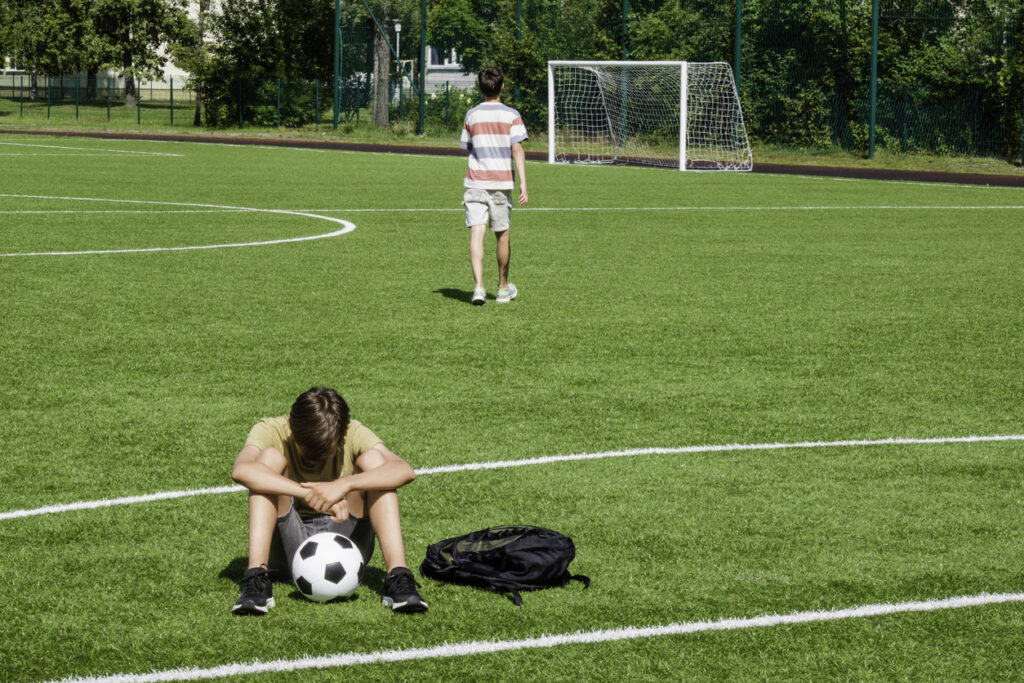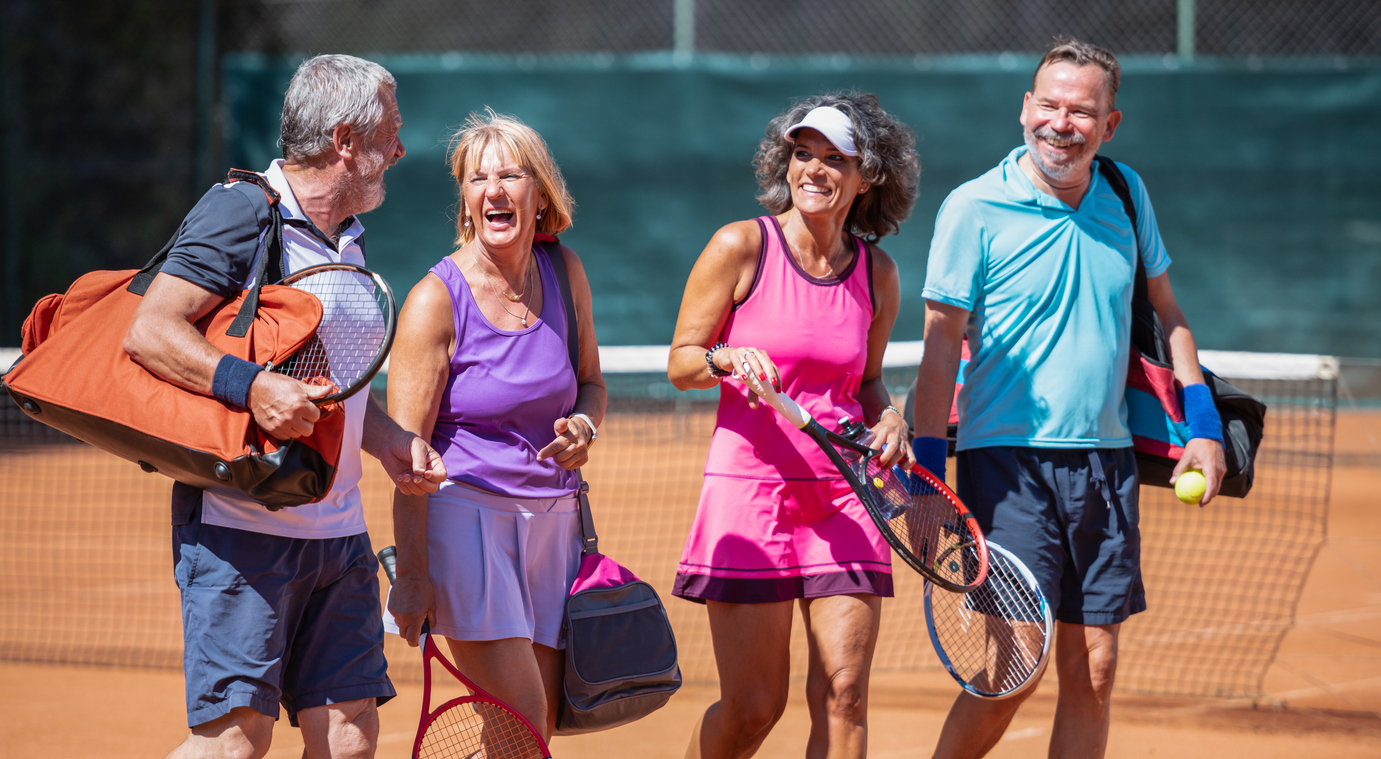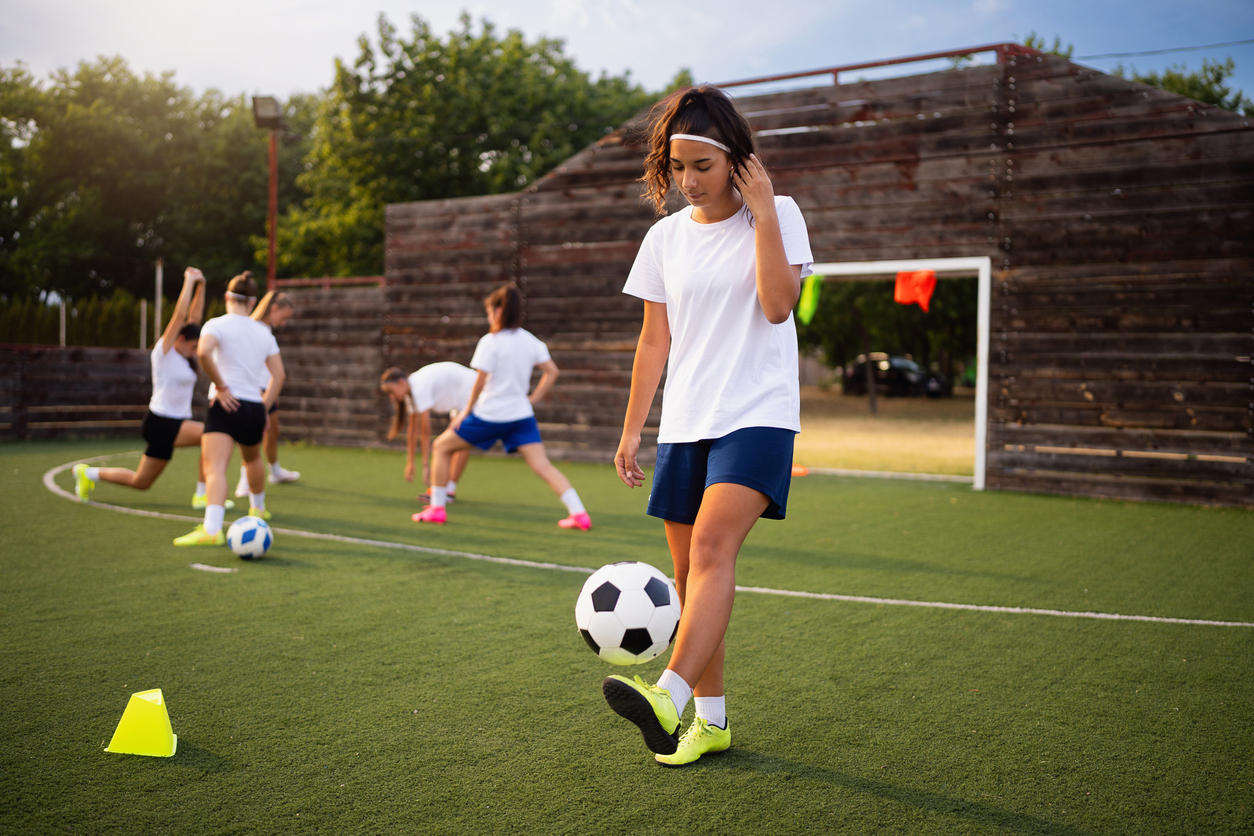The Role of Sport in Tackling Loneliness: More Complex Than It Seems?

Loneliness as a Societal Issue
Humans are social beings. We rely and depend on each other, with our interpersonal relationships being a powerful source of wellbeing, health, and pleasure in our daily lives. When our need for relationships is unmet, we may experience various negative consequences, including loneliness. Loneliness can have serious consequences for our health and well-being, the health and social care system, businesses, and the economy. In turn, this emphasises the importance of finding evidence-based interventions aimed at reducing loneliness and social isolation.
Sport as a Setting For (Reducing) Loneliness
The settings where people live, work, and play have long been recognised as essential to improving population health and could hold a potentially valuable role in remedying loneliness. As an activity engaged in by a significant proportion of youths, adults, and older adults globally, sport could be a potentially valuable context to promote social connections and reduce loneliness.

Sport encircles us within a social environment of other people: coaches, teammates, training partners, and support personnel. Additionally, various rituals and routines in sport are often performed with or in the presence of others, further emphasising sport as a space rich with apparent connections. Consequently, when we observe sport competitions or training sessions at any level, it’s easy to assume that those taking part are experiencing an inherent sense of community and connection, and that loneliness is unlikely to be an issue.
The social embeddedness of organised sport and access to social networks offered to participants can reduce feelings of loneliness and promote social connections. However, such positive outcomes are not always realised. Evidence from our systematic review of loneliness in sport showed that despite being surrounded by teammates, many athletes experience feelings of isolation, and report negative impacts on their well-being and performance. Similarly, loneliness is also reported by coaches and sports officials, with some describing their roles as particularly isolating.
But why might people feel lonely in sport?
Through a systematic review of 194 studies, the majority of which were qualitative, there was consistent evidence to suggest that specific aspects of sport, at different levels of influence, might contribute, at least in part, to the onset or amplification of loneliness. For instance, injury and retirement were reported to leave some athletes feeling isolated and disconnected from their social circles. Likewise, the high-pressure environment of competitive sport, along with traditional masculine ideals and norms that discourage vulnerability, authentic expression, help seeking, and discussing emotional difficulties, further contributed to feelings of isolation, especially for male athletes and coaches. Conversely, groups underrepresented in sport, such as women and people of marginalised ethnic backgrounds, also spoke of feelings of isolation and loneliness.
What might help to protect people from loneliness in sport?
Despite the growing attention towards mental health and welfare in sport, our review found a lack of interventions aimed specifically at reducing loneliness in this context. As a result, there is a need for targeted strategies that focus on fostering social connections within sporting environments, which could help alleviate the negative impact of loneliness. While there is a lack of intervention evidence, some findings suggested that athletes who had supportive social networks, whether through friends, family, or teammates, were less likely to experience feelings of isolation. Nevertheless, further research is needed to better understand how to protect people in sport from loneliness and to cultivate sporting environments that nurture social connections.
What do we need to know more about?
While lots of studies have presented data on loneliness among people in sport, only a small proportion of these studies addressed loneliness as a primary aim of their research. Furthermore, much of the research conducted to date only collected quantitative data at a single time point or presented qualitative data. Consequently, more research, using study designs that enable more robust inferences about causality are needed to strengthen understanding of loneliness in sport.

While the development of interventions is important, progress in understanding of loneliness in sport is also hindered by the absence of a context-specific measurement tool. Generally, measures of loneliness used in sport have assessed loneliness in general but have not specifically focused on loneliness in sport and thus considered the authentic experiences of loneliness among people in this context. To develop a better understanding of the prevalence of loneliness in sport and to subsequently enable the effective evaluation of interventions targeting loneliness in sport, the development of new, sport-specific measures is an important next step.
The road ahead: Harnessing the power of sport to combat loneliness
As a setting, sport has the potential to promote feelings of connection and belonging for everyone involved, providing a space for people to fulfil their basic human needs for connection and enabling them to thrive. As an activity engaged in by billions of people around the world, sport can be part of the solution to the global crises of loneliness. Yet, sport in and of itself does not stimulate meaningful social connections and belongingness. While more evidence is needed, as a starting point, crafting sport environments rooted in a culture of care, compassion, psychological safety, authentic expression, equity, diversity, and inclusion is likely to be a good starting point for people in sports seeking to tackle loneliness.
Biography

Dr Trish Jackman
Dr Trish Jackman is Associate Professor of Sport and Exercise Psychology at the University of Lincoln. Alongside her academic role, Trish is in the final stages of her training to become a registered practitioner psychologist, specialising in sport and exercise.
She is Deputy Chair and CPD Representative of the Psychology Division in the British Association of Sport and Exercise Sciences (BASES). Trish is involved in several projects locally, nationally and internationally, with a particular focus on improving mental, social and physical health.
With colleagues at the University of Lincoln, she contributed to the development of The Ageing Physical Activity Network, a Lincolnshire-based network of researchers, practitioners, and older adults aiming to increase opportunities for participation in physical activity as people age. Working with UK Coaching, she led the development of new guidance and resources on emotion regulation for the coaching workforce in the UK. Dr Trish’s research on psychologically-informed coaching to support the holistic development of young people in sport is influencing coach education in Gaelic games internationally.





Responses